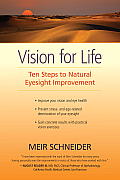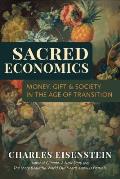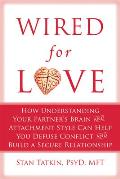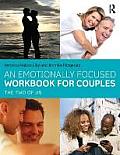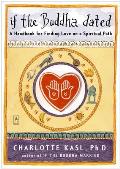Subtitle: Ten Steps to Natural Eyesight Improvement
Recommended to me by: David Mitchell
Meir Schneider tells the story of his own vision improvement starting from near blindness using the Bates Method, and then shares detailed exercises and instructions for vision care and improvement. He founded the School for Self-Healing in San Francisco to share his discoveries.
His 10 steps to improve vision take time and energy. Some can be done along with daily life, like looking into the distance and looking at details. Some are specific exercises, like the long swing. Some require additional equipment and setup to block the stronger eye or use red/green glasses. He recommends integrating the work throughout the day as part of a commitment to better vision.
10 steps:
- Long swing: standing, swing the body back and forth with an index finger raised in front of the eyes about a foot away.
- Look into the distance
- Explore the periphery: wave hands out to the sides while looking in the distance, and block central vision with a small square of stiff paper or cardboard.
- Sunning and skying: move head side to side and up and down with closed eyes facing the sun (or sky)
- Night walking
- Palming: cover the eyes with relaxed hands and visualize darkness or blackness
- Shifting: look at details
- Block the strong eye
- Blink
- Vision and body
There are additional exercises for various conditions such as crossed eyes (tape a narrow piece of paper over the center of your face and toss a ball from hand to hand) and glaucoma (lots of exercises to improve blood flow and reduce neck tension).
The writing in the book is warm, encouraging, and carefully detailed. Recommended to learn about how to care for our own vision and our own bodies.

